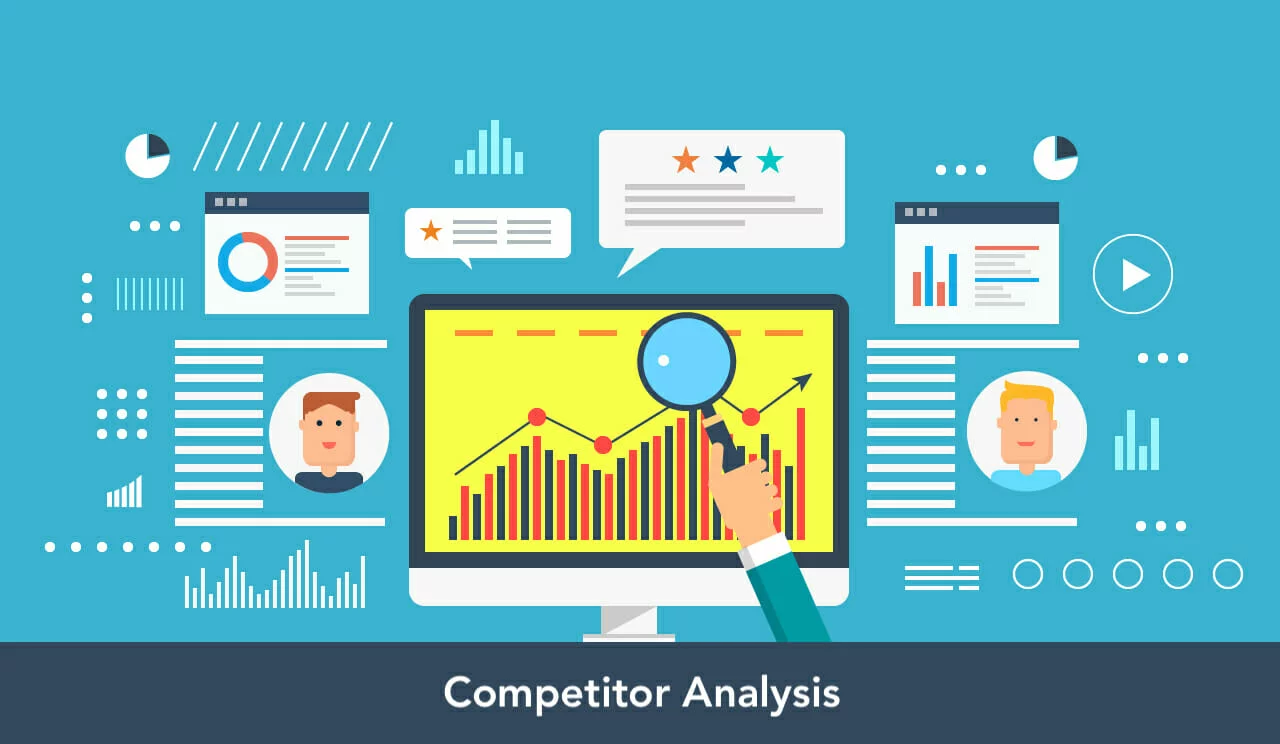Digital marketing has become a vital tool for organizations of all sizes in today’s fast-paced, technology-driven society. It’s important to learn digital marketing methodology.

Digital marketing methodology refers to a strategic approach used by businesses and marketers to promote their products or services through digital channels. Companies must adapt their digital marketing methodology to successfully connect and engage with their target audience as their dependence on the internet and digital platforms grows. The digital marketing methodology typically encompasses several vital stages and components that work together to create a compelling and cohesive marketing strategy.
This comprehensive guide will walk you through the fundamentals of digital marketing techniques, offering essential insights and practical ideas to help you improve your digital marketing efforts.
See Also: Top 8 Digital Marketing Trends in 2024 to Look Out For
Digital Marketing Methodologies
Let’s have a look at a few digital marketing methodologies:
Understanding Digital Marketing
The utilization of digital channels and platforms to promote products, services, or brands is referred to as digital marketing.
It includes a variety of strategies, such as search engine optimization (SEO), social media marketing, content marketing, email marketing, and others. In the internet realm, the main objective of this digital marketing methodology is to boost the visibility of brands, create leads, and drive conversions.
Defining Your Marketing Objectives
Before beginning any digital marketing operations, defining specific and measurable goals is critical. Your objectives may differ depending on brand awareness, lead generation, customer retention, or revenue growth.
You can personalize your digital marketing approach to your business goals by describing your objectives.
Identifying Your Target Audience
To properly contact your target audience, you will need to know who they are. I’d like you to conduct market research to determine the traits, interests, behaviors, and issues of the people you are targeting.
This data will assist you in tailoring your messaging and selecting the most appropriate digital marketing platforms to interact with your target demographic.
Determining the holes in your present material
Identify any gaps in your content based on your buyer profiles. Create these if you’re a math tutoring organization and know from research that finding effective study methods is crucial for your personas.
Based on your material’s audit, you may learn that ebooks on a specific landing page convert well.
View also, E-Commerce vs Digital Marketing: Understanding the Distinctions
Conducting Competitive Analysis
Analyzing your competitors is essential in creating a successful digital marketing plan. Could you determine your main competitors’ internet presence, content strategy, social media participation, and SEO efforts?
This research will give you helpful information to help you differentiate yourself and uncover new market opportunities.
Building a Strong Online Presence
Your website serves as the hub for all of your digital marketing efforts. Could you make sure your website is well-designed, mobile-friendly, and search engine optimized?
Create relevant and exciting content corresponding to your target audience’s interests and search intent. Use social media channels to broaden your online reach and connect with your target audience more personally.
Search Engine Optimization (SEO)
SEO is critical for delivering organic traffic to your website. You can perform keyword research to find relevant search terms, then improve your website content accordingly.
Concentrate on on-page SEO, such as meta tags, headers, and URL structure. Off-page optimization is acquiring high-quality backlinks from credible websites to boost search engine rankings.
Pay-Per-Click (PPC) Advertising
PPC advertising allows you to display advertisements on search engines and other digital platforms while paying only when consumers click on your advertisements.
Platforms such as Google Ads and social media advertising networks offer sophisticated targeting capabilities for reaching your target demographic. To maximize your return on investment (ROI), establish clear campaign goals, select relevant keywords, and optimize your ad copy.
Content Marketing
Content marketing entails creating and providing valuable, relevant, consistent material to attract and retain an organized audience.
Create a content plan that aligns with your marketing goals and target audience. Create blog articles, videos, infographics, and podcasts to engage your audience across many platforms.
Social Media Marketing
Social media platforms provide an exceptional opportunity to contact and engage with your target audience personally. I’d like you to develop a social media plan based on the channels connecting with your target audience.
To increase brand loyalty and website traffic, create intriguing content, encourage social sharing, and fully engage with your audience.
Email Marketing
Email marketing remains a powerful tool for nurturing leads and maintaining customer relationships. Build an email list by offering valuable content and incentives to your website visitors.
Develop personalized and segmented email campaigns to deliver relevant content and promotional offers to different customer segments. Monitor open rates, click-through rates, and conversions to optimize your email marketing strategy.
See Also: The 7 Cs of Marketing and How to Implement Them
Analyzing and Measuring Results
Monitoring and analyzing your results is critical to ensure the efficacy of your digital marketing initiatives. Track critical indicators such as website traffic, conversions, bounce rates, and social media engagement with analytics tools.
These insights can assist you in identifying areas for improvement, making data-driven decisions, and optimizing your digital marketing plan to get better outcomes.
FAQs
What are the seven elements of digital marketing?
Responsive Website, Search Engine Optimization, Content Marketing, Social Media Marketing, Influencer Marketing, Email, and Affiliate Marketing.
What is the difference between ATL and BTL strategy?
ATL (Above-The-Line) and BTL (Below-The-Line) relate to various advertising tactics. ATL emphasizes mass-reach media such as TV, radio, and billboards, whereas BTL emphasizes targeted, individualized communication channels such as events, sponsorships, and product placement.
What exactly is the Marketing 4.0 strategy?
Marketing 4.0 is a new marketing dimension tied to connection and technology. Customer data collection takes center stage in Marketing 4.0, entirely transforming the buying procedure by concentrating on wants, expectations, and behavior.
What exactly is TTL's strategy?
TTL marketing, also known as Through-the-Line marketing, is an advertising strategy that combines Above-the-Line (ATL) and Below-the-Line (BTL) marketing tactics to produce an effective marketing campaign.
Conclusion
Digital marketing methodology is an ever-changing and dynamic field. You can navigate the digital landscape effectively while accomplishing your marketing goals if you understand the core principles and implement the strategies in this guide.
Remember to stay current on trends and technologies, test and refine your strategies, and prioritize providing value to your audience. With a well-executed digital marketing strategy, your business can thrive in the digital age.
See Also: 14 Lead-Generating B2B Marketing Strategies (2024)







